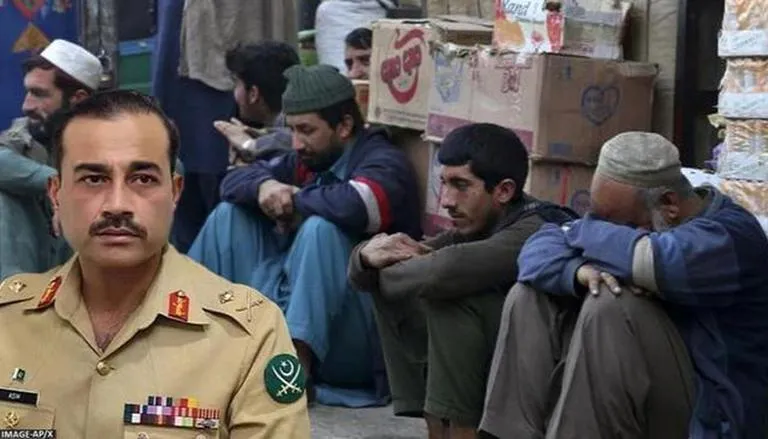The World Bank has issued a candid warning to Pakistan as the country gears up for its general elections. Emphasising the need for decisive action, the international lender stressed that while they could offer advice and some financing, the crucial hard choices and course corrections must be made within the nation itself, according to a report by Dawn News.
Najy Banhassine, the country director for the World Bank in Pakistan, highlighted the challenges in a report titled “Reforms for a Brighter Future: Time to Decide.” Banhassine pointed out, “Policy decisions are heavily influenced by strong vested interests, including those of military, political, and business leaders.”
Critical crossroads for Pakistan
Pakistan finds itself at a critical juncture, facing the choice between remaining country with 40 percent of its population living below the poverty line, under the control of elite interests, or embarking on a path towards a brighter future. The report underscores the significance of making the right decisions for the country’s development and prosperity.
The World Bank officials noted Pakistan’s numerous economic challenges, including inflation, rising electricity prices, climate shocks, and limited resources for development and climate adaptation. The country also faces a “silent” human capital crisis, marked by high child stunting rates, low learning outcomes, and elevated child mortality. The report expressed concern that the country’s economic model had ceased to reduce poverty, and progress made until 2018 had been reversed.
READ | Major terror bid foiled in Pakistan’s Punjab province; 13 ISIS, TTP terrorists arrested
Pakistan’s average real per capita growth rate between 2000 and 2020 was a mere 1.7 per cent, significantly lower than South Asian countries and similar economies. Human development outcomes in Pakistan lag behind South Asia, resembling conditions in many Sub-Saharan African nations. These setbacks disproportionately affect girls and women, with nearly 40 per cent of children under five experiencing stunted growth.
The World Bank proposed a shift from underfunded, inefficient, and fragmented service delivery and social protection systems to more coordinated, efficient, and adequately financed service delivery, with a focus on the most vulnerable populations. Additionally, the bank advised a reallocation of public expenditures towards essential public services, infrastructure, and climate adaptation, with an emphasis on helping those in greatest need.
Currency depreciation and economic challenges
In parallel news, the Pakistani Rupee (PKR) touched a record low of Rs 299.64 against the US dollar in the interbank market. This decline has been attributed to easing import restrictions, which have increased demand for the USD. Pakistan had imposed these restrictions in 2022 to address its shrinking foreign reserves, and their removal in June was a condition of a USD 3 billion IMF loan program.
Pakistan currently operates under a caretaker government tasked with managing the nation through a national election. The country grapples with heightened political tensions, historic inflation rates, and soaring interest rates. The economic crisis has led to downsizing in the productive and services sectors, with companies considering measures such as job cuts, salary freezes, or reductions.
While Pakistan secured an IMF deal in the nick of time, the conditions imposed have proven challenging to implement. The agreement involved additional taxes of 215 billion Pakistani Rupees (PKR) and significant expenditure cuts of 85 billion PKR. With inflation soaring and foreign exchange reserves covering barely one month of controlled imports, Pakistan faces one of its most severe economic crises in decades, with the risk of a debt default looming in the absence of the IMF agreement.

